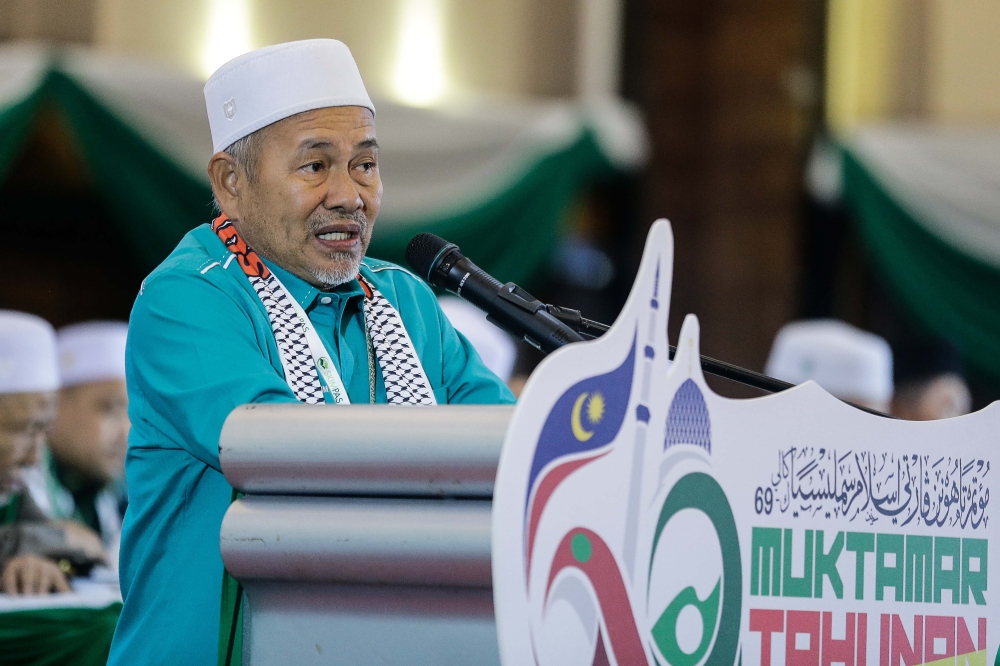GEORGE TOWN, Jan 16 — Universiti Sains Malaysia (USM) Medical Alumni Association (Padu) president Prof Datuk Jafri Malin Abdullah said there is a need to conduct a study periodically to look into the phenomenon of Malaysian doctors and medical graduates migrating overseas.
He said Padu views the issue of migration of contract doctors, permanent doctors and specialists to overseas hospitals seriously and stressed that there is a need to identify in detail the real issues that Malaysian medical graduates and doctors face in local hospitals.
“Many are drawn to offers of better salaries and clearer career paths in other countries such as Singapore and some graduates have also built careers in other countries like Australia, United Kingdom and Ireland,” he said in a statement.
He said job opportunities and higher salaries may not be the only factors behind the migration of doctors.
“They could be migrating overseas due to other factors such as emotional and psychological pressure, burn-out, tired of a negative work environment or being burdened with non-clinical work,” he said.
He said there were also complaints of long work hours due to a high number of patients, lack of human resources and displacement of doctors nationwide which led to many of these medical graduates switching to the private sector or migrating overseas.
“We need a comprehensive and detailed study to objectively identify the real issues behind these migrations,” he said.
He said proposals to resolve these issues can then be presented based on the data collected in the study.
“Maybe the services in the health ministry needed to be revamped to increase the intake of doctors, specialists and also general paramedic personnel,” he said.
He pointed out that Padu had previously reported the issue of trainee doctors being bullied by senior doctors.
“This factor can be managed by improving the workplace, ensuring the management and colleagues have positive attitudes and an emphasis on a work-life balance while reducing the burden of non-clinical work,” he said.
He admitted that many of the medical graduates were drawn to offers overseas as they have the perception that they do not have a future in their own country.
He said many young doctors had also complained about the lack of a clear career path and the lack of transparency in the contract system offered.
“These also become one of the factors for medical graduates or specialists to choose to leave the Health Ministry service and to migrate overseas where they were offered better opportunities to become specialists,” he said.
In this instance, he said Padu welcomes the announcement by Dr Zaliha Mustafa that the health ministry has offered 4,914 permanent positions this year which consists of 4,263 posts for medical officers, 335 for dental officers and 316 for pharmaceutical officers.
“This is a large step in the right direction to solve the issue of permanent positions for contract doctors in the country,” he said.
He welcomed the ministry’s efforts to resolve the issue of migration of medical officers overseas through the Human Resource for Health Strategy (HRH) plan.
The HRH plan presented by the ministry previously proposed resolutions in the intake of doctors and the increase in quality of their training with a clearer career path, he said.
“Padu hopes that the HRH plan will encompass professional development and is aimed at resolving several other issues such as contract doctors, human resource development and long-term career development,” he said.


















